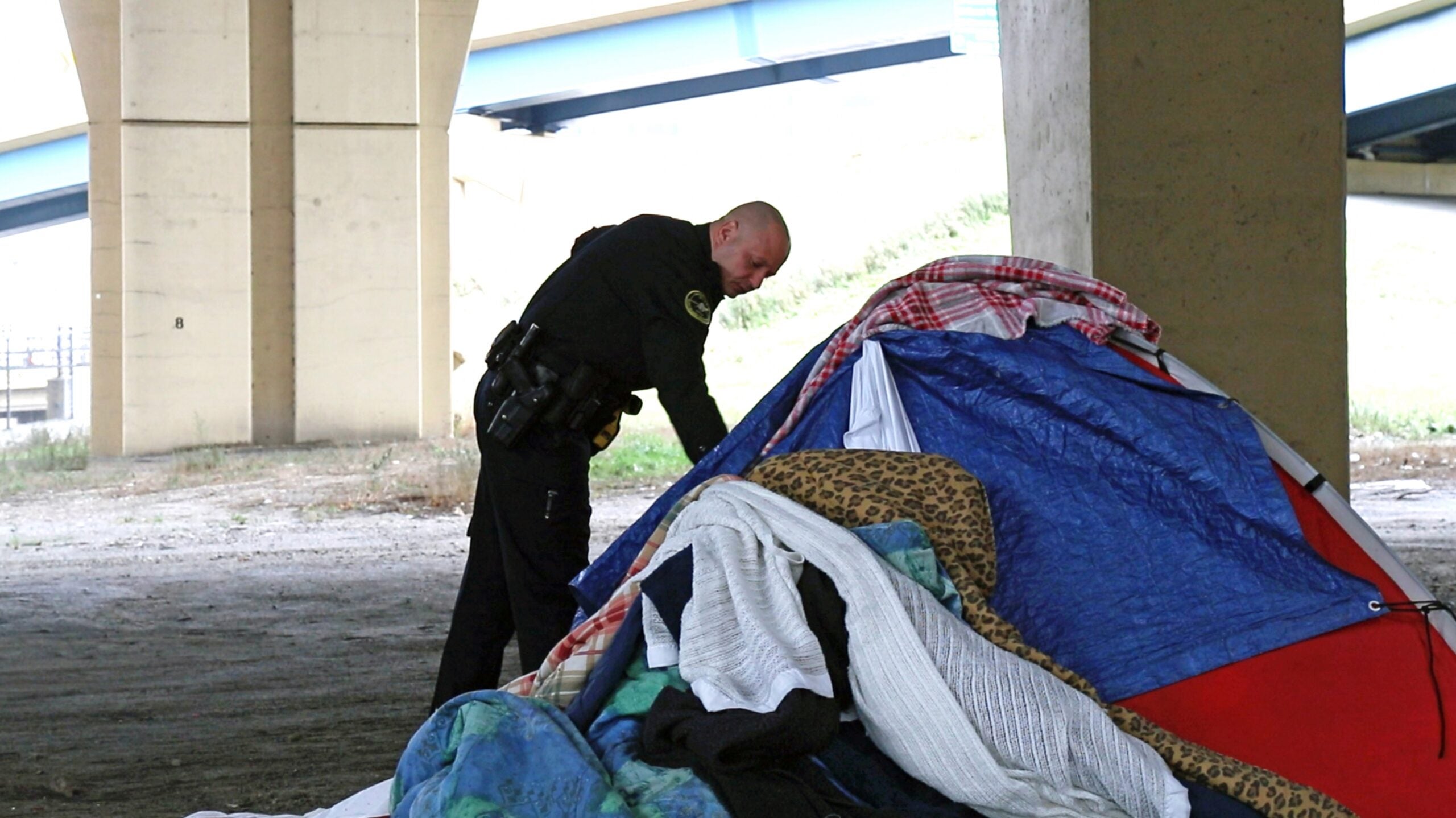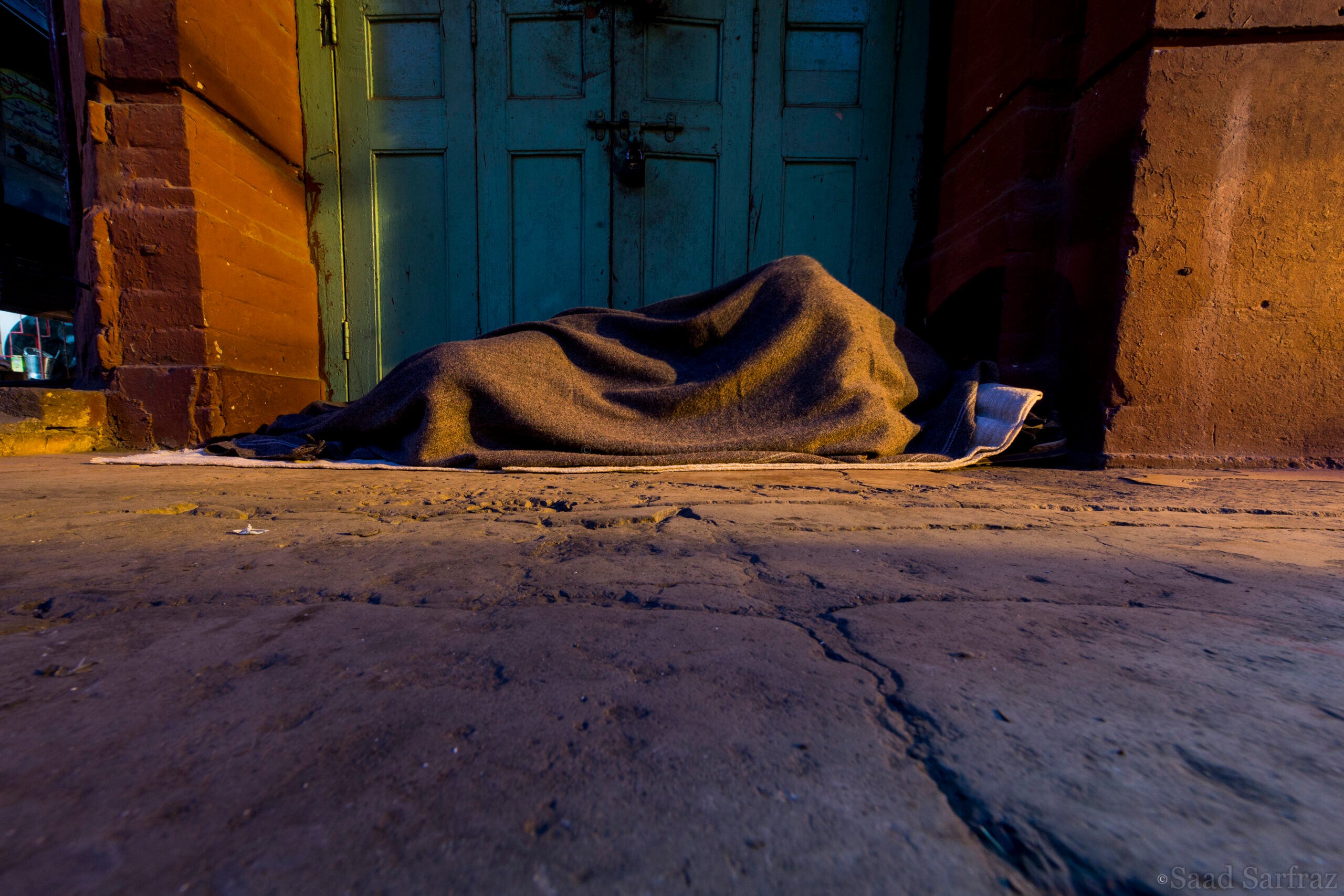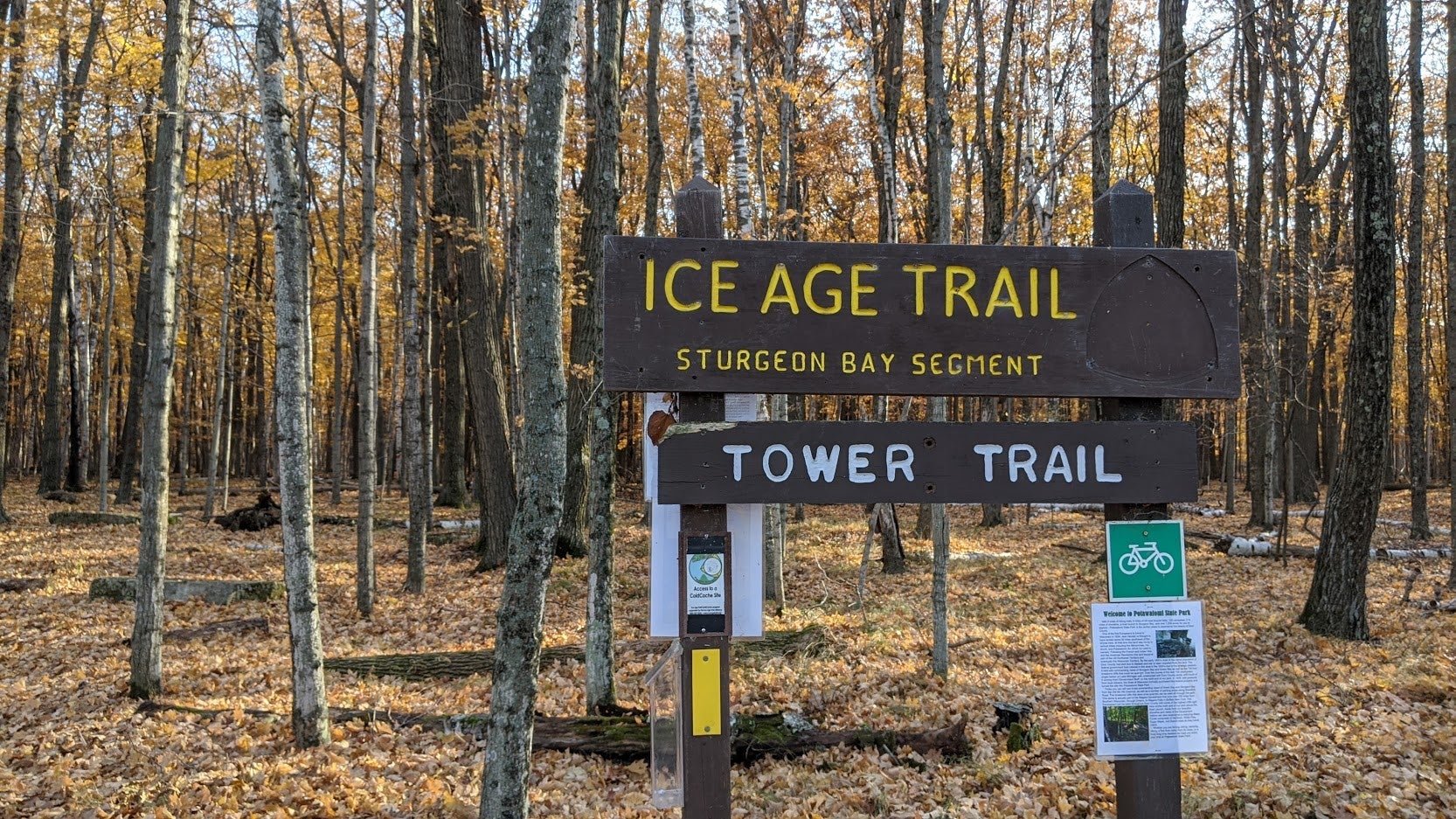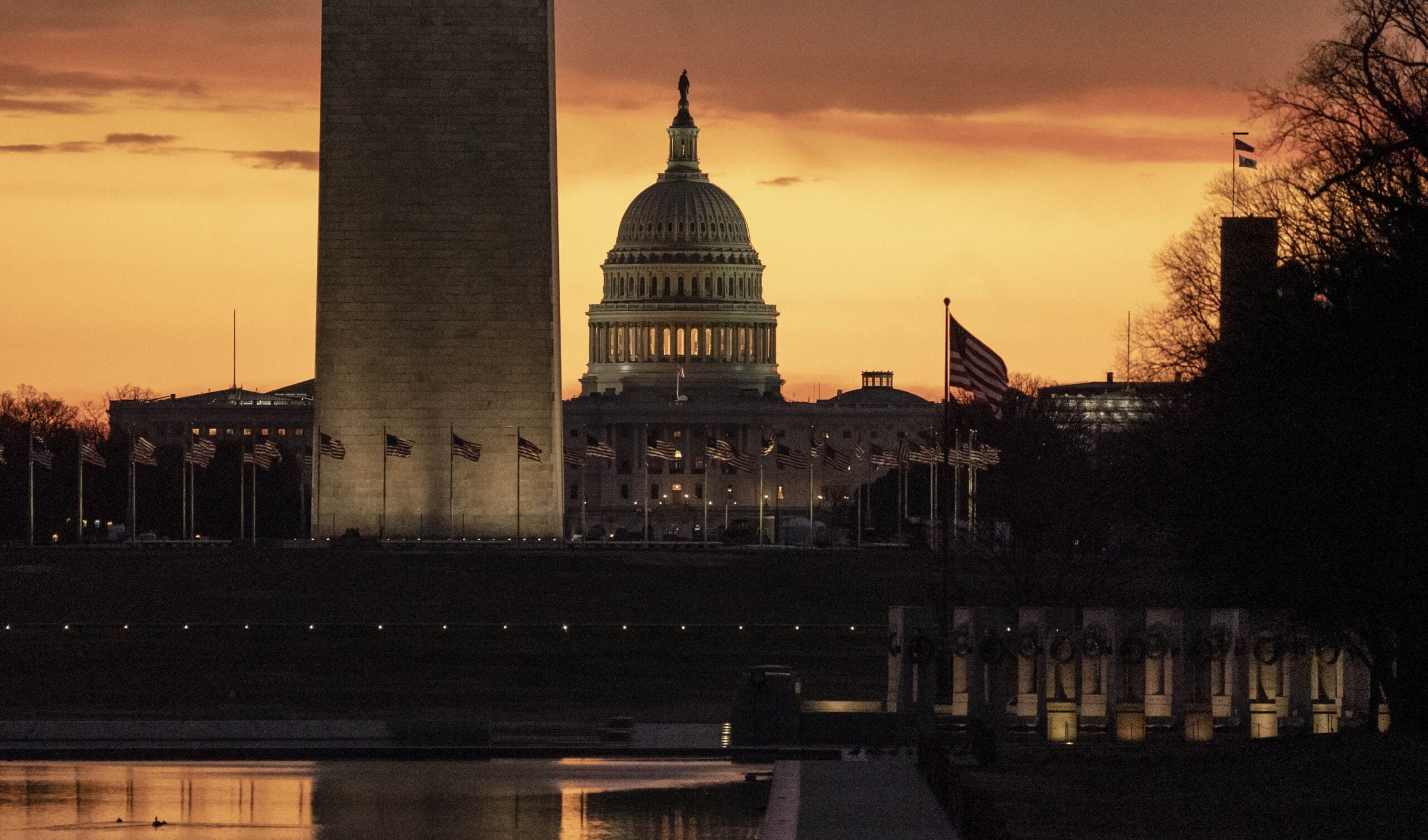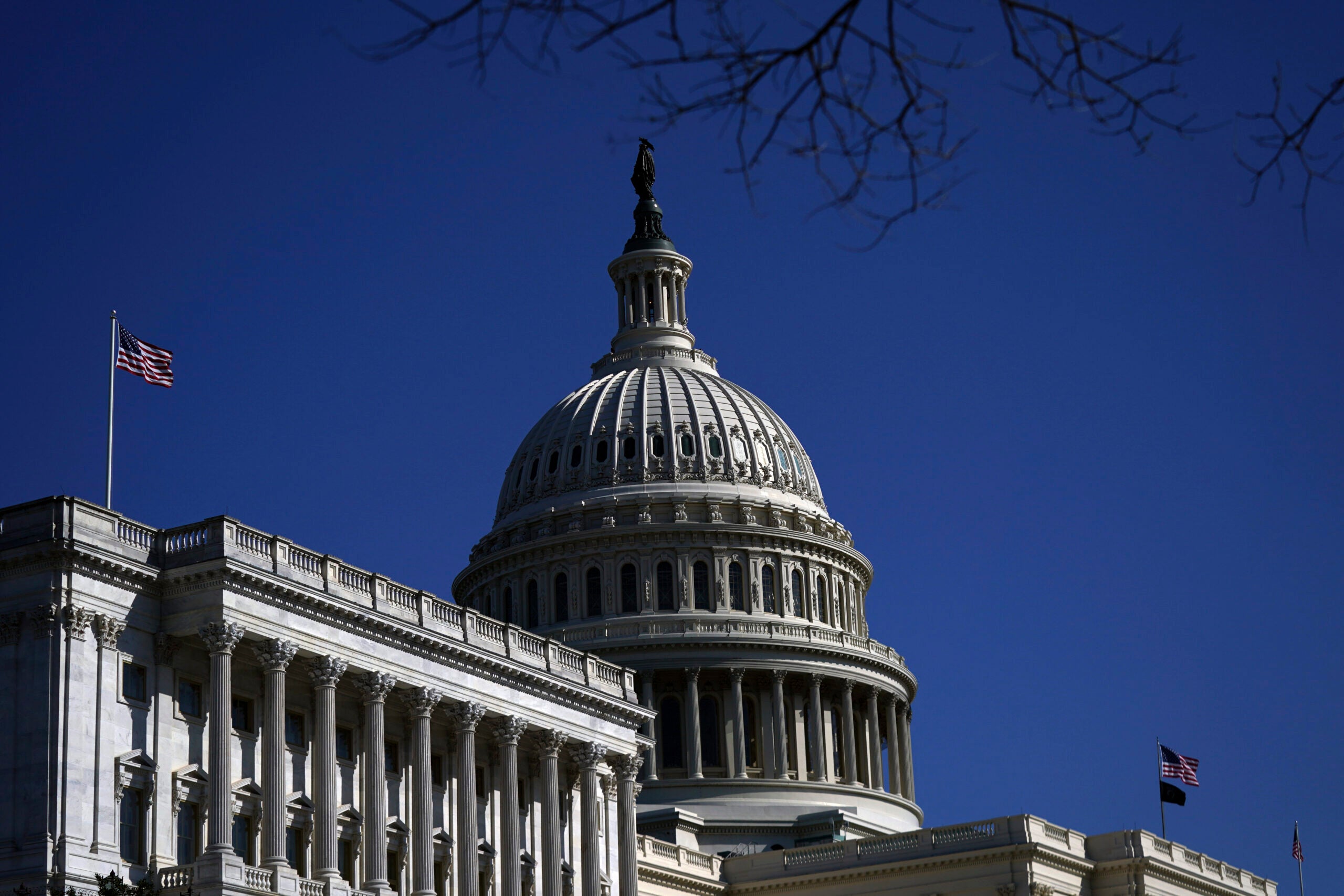Wisconsin nonprofits running homelessness prevention programs are uncertain how long vital funding will be available as the federal government shutdown enters its second month.
There are 16 community action agencies throughout the state that administer a wide array of social programs, including homelessness prevention and rapid-rehousing initiatives funded through the U.S. Department of Housing and Urban Development.
But as the partial government shutdown reached its 30th day, some of those administering the programs have expressed concerns about whether they’ll be reimbursed for money spent to pay landlords and provide counseling to individuals facing homelessness.
News with a little more humanity
WPR’s “Wisconsin Today” newsletter keeps you connected to the state you love without feeling overwhelmed. No paywall. No agenda. No corporate filter.
Jim Schroeder, executive director of Community Action Coalition of Southcentral Wisconsin, which serves Dane, Jefferson and Waukesha counties, said agencies like his submit reimbursement requests electronically and they’ve been told by HUD officials that the money will continue to flow. But Schroeder said he isn’t so sure.
“What we’re nervous about is that, similar to what they’re saying about the IRS and tax returns. There will be nobody there to process the payments,” Schroeder said. “So, despite the fact that we have submitted the expense report, we will not receive reimbursement timely.”
Anna Cardarella, executive director of Western Dairyland, which serves Eau Claire, Buffalo, Trempealeau and Jackson counties, said federal funding delays would be most likely to occur if a reimbursement request needed to be checked or corrected by a HUD employee during the shutdown. In that case, she said, funding likely wouldn’t be released until after federal workers are back at their desk.
Cardarella said Western Dairyland has already experienced some delays in reimbursement for other programs including a women’s business center and a fund for helping low-income people repair vehicles or purchase new ones. She estimated the nonprofit hadn’t received reimbursements of around $100,000. Cardarella said Western Dairyland is able to tap reserves to make up the difference in the short term, but a prolonged shutdown will impact services.
“If this doesn’t end, we don’t receive these funds. There’s a big risk,” said Cardarella. “Do we lay off staff that are serving these funds? How do we meet our obligations providing rent to landlords?”
Schroeder said there are funds that can be tapped temporarily.
“We’ve crunched some numbers and we as an agency have sufficient reserves and some other flexible funds that we could ride this out for a short period of time,” he said.
But Schroeder said he and others working at the state’s community action agencies are worried about what might happen if the shutdown stretched beyond March.
“After that, we’d have to look at layoffs and temporarily shutting down our agency,” he said.
Wisconsin Public Radio, © Copyright 2025, Board of Regents of the University of Wisconsin System and Wisconsin Educational Communications Board.

